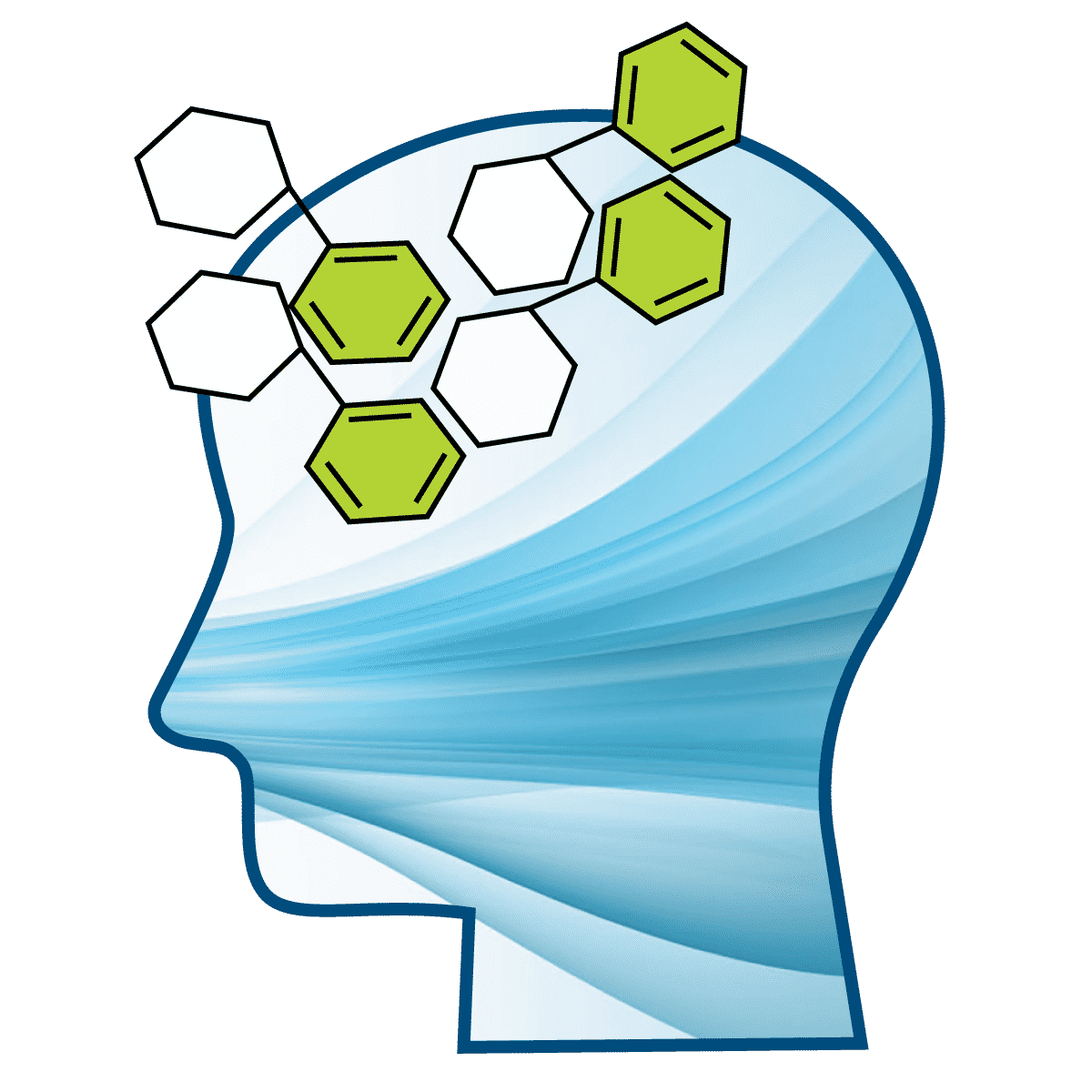Ketamine Infusions for Migraines

Migraines
Migraines affect a patient’s quality of life and their ability to carry out daily tasks. It is estimated that 39 million Americans suffer from migraines. A total of 18% of men and 43% of women will experience a migraine in their lifetime.
While traditional treatment options like over-the-counter pain medication and lifestyle changes may alleviate symptoms, it can take days or months to provide long-term relief.
Ketamine infusions have been proven to quickly help relieve symptoms of chronic migraines in patients who are not responding to traditional treatment options.
Continue reading to learn more about migraines, the benefits of ketamine infusion therapy, and how you can schedule a consultation with our team of professionals today.
Migraine Causes and Symptoms
Migraines are intense headaches that cause severe throbbing or pulsating pain usually on one side of the head. Unlike normal headaches, migraines may be accompanied by nausea and sensitivity to light and sound.
The cause of migraines is unknown but could be a result of abnormal brain activity that affects nerve signals, blood vessels, and chemicals in the brain. Migraines are linked to triggers such as stress, hormonal changes, diet, exercise, environmental changes, and underlying health conditions.
Patients with migraines may experience the following symptoms:
- Dull pain in the face or neck
- Acute headaches
- Distorted vision
- Dizziness
- Vomiting
- Irritability
- Nasal congestion
- Scalp tenderness
- Poor concentration
- Sweating
- Abdominal pain
- Diarrhea
- Temperature changes
- Numbness or tingling sensations
Migraines can last up to 72 hours if left untreated. Over-the-counter medications and lifestyle changes may help combat symptoms and alleviate future attacks.
Types of Migraines
There are eight different types of migraines. Four out of the eight migraines are seen more frequently in children and adults:
- Migraine without aura: Episodic migraines. The most common type of migraine consists of typical symptoms such as a throbbing headache, nausea, and sensitivity to light and sound.
- Migraine with aura: Less common than episodic migraines. Consists of typical symptoms and visual symptoms like losing vision or sensory disturbances.
- Silent migraine: Contains all regular symptoms except headaches.
- Chronic migraines: Experienced by 3-5% of the population and are less easily managed. Occur when episodic migraines increase over time and over-the-counter pain medications to treat headaches become overused.
Each type of migraine can progress through four different stages: prodrome, aura, attack, and post-drome.
The prodrome stage occurs 24-48 hours before the attack. This stage warns patients of an upcoming migraine and they may experience symptoms such as fluid retention, neck stiffness, food cravings, and mood changes.
Auras can occur before the onsite of an attack, but they can also occur during. Symptoms occur gradually and can last up to 60 minutes. Auras can include vision loss, weakness or numbness in the face, and numbness or tingling sensations in the arms and/or legs.
Postdrome is the final stage of migraines and occurs after an attack. Some patients may feel fatigued, have trouble concentrating or feel depressed. Other patients may experience opposite symptoms and feel euphoric or have an increased feeling of well-being. Postdrome symptoms usually last 24-48 hours.
How Does a Ketamine Infusion Work for Migraines
Over-the-counter medications and prescription medications may help reduce the severity of migraines. However, episodic migraines treated with pain medication may become more serious and require different treatment options.
Patients who have tried traditional treatment options without significant relief may benefit from ketamine infusions.
Ketamine is commonly used as an anesthetic due to its sedative effects on the central nervous system. It’s been used effectively outside of its traditional purpose to treat chronic pain conditions such as migraines.
Ketamine works by blocking neurotransmitters from reaching the NMDA Receptors. These receptors are located throughout your brain and spinal cord and are very important in the development and how the body manages pain.
Because the transmitters can’t bind, the pain signal can’t be sent, and patients feel a significant decrease in the severity of their headaches.
Most patients experience relief from their migraine within 24 hours. The duration of effects varies from 1 to 6 months.
Ketamine Infusion for Migraines
The professionals at Ketamine Wellness Infusions PA are happy to offer patients in the Philadelphia, Bala Cynwyd, and Doylestown areas migraine relief.
Contact our team today to schedule your consultation. We’ll work with your doctors to ensure ketamine infusions are a viable option to help treat your migraine.
We look forward to helping you achieve better days ahead!
